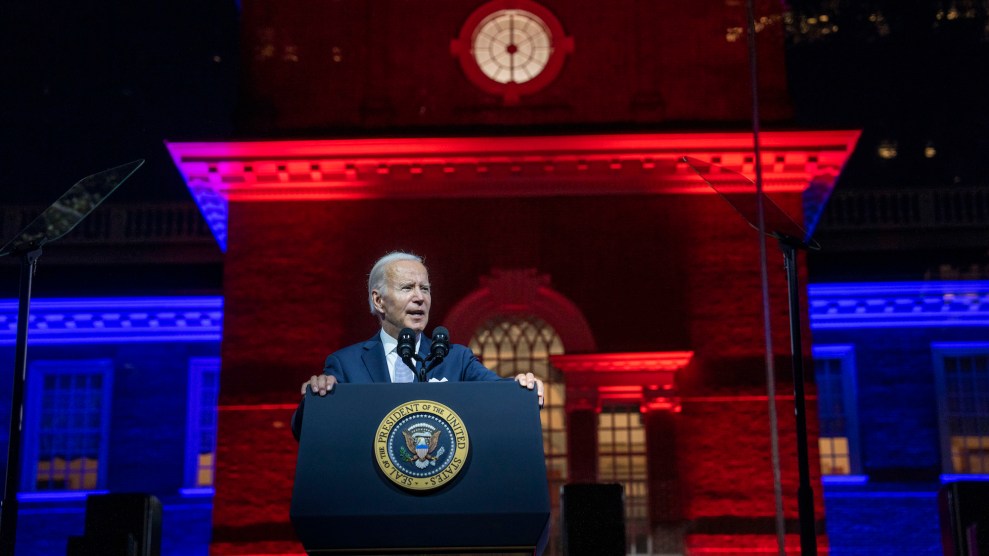the epa estimates that if every household replaced its nine most used lightbulbs with cfls, we’d save as much in CO2 as if we eliminated 10 million cars. The bad news is, we need to cut about 17 times that much; the good news, according to a recent report by mega consulting firm McKinsey, is that we could trim the nation’s ghg footprint by almost 30 percent over the next 25 years by getting business to invest in efficient cars, appliances, and buildings as well as cleaner energy, with incentives including tax credits, subsidies, offsets, and fewer “regulatory hurdles.” The cost for the first 7 percent: about $50 billion a year, or about $50 per ton of greenhouse gases. And what about taking shorter showers? “Consumer conservation is important,” says Jon Creyts, one of the report’s principal authors, “but it was more practical for us not to factor individual choice into our methodology.” So we did the math ourselves. Below, a few samples of what individual change and bigger policy shifts can shave off our 15.6-trillion-pound total.
|
CULPRIT |
HOW MUCH GHG? (IN LBS)** |
HOW TO CUT IT |
% RED. |
COST |
|
Coal burned for electric power |
4.3 trillion |
Replace half of our coal capacity with wind turbines. |
13.8 |
$330 billion |
|
Transportation |
4.3 trillion |
Replace 80 percent of the vehicle fleet—200 million cars—with plug-in hybrids powered by renewable electricity. |
8.3 |
Plug-ins expected to cost at least $12K more than standard cars at first. |
|
Poor use of carbon sinks, a.k.a. forests |
880 billion |
Plant new trees; reduce grazing. |
5.6 |
$8.5 billion |
|
Avoidable emissions of non-CO2ghgs |
510 billion |
Capture methane from landfills, coal mining; fix leaks in natural gas extraction. |
3.3 |
$3 per ton |
|
Driving to work alone |
490 billion |
Get each one of the 102 million people who drive to work solo to take transit. |
3.1 |
$45.3 billion per year (up from $13 billion today) for transit improvements |
|
Wasted heat at industrial plants |
160 billion |
Use “cogeneration” devices to take advantage of heat now blown out of smokestacks. |
1.0 |
Saves $15 per ton |
|
Phantom power for home electronics |
153 billion |
Unplug wall chargers or use smart power strips to cut juice when devices are off. |
0.98 |
Smart Strips start at $30. |
|
Inefficient industrial machinery |
150 billion |
Fine-tune and upgrade equipment. |
0.96 |
$6 per ton |
|
Junk mail |
114 billion |
Go to a site like 41pounds.org to get off most lists. |
0.73 |
$8 per year |
|
Household heating and cooling |
943 billion |
Dial thermostats 4 degrees up in summer, down on winter nights. |
0.29 |
You save $61 per year. |
|
Household hot water use |
310 billion |
1 minute in shower creates about ¼ lb of carbon—20.9 billion pounds saved yearly if we cut showers by 1 minute.* |
0.13 |
You save $4 per year. |
|
TOTAL REDUCTION: 38.19% OR 6 trillion pounds |
||||






